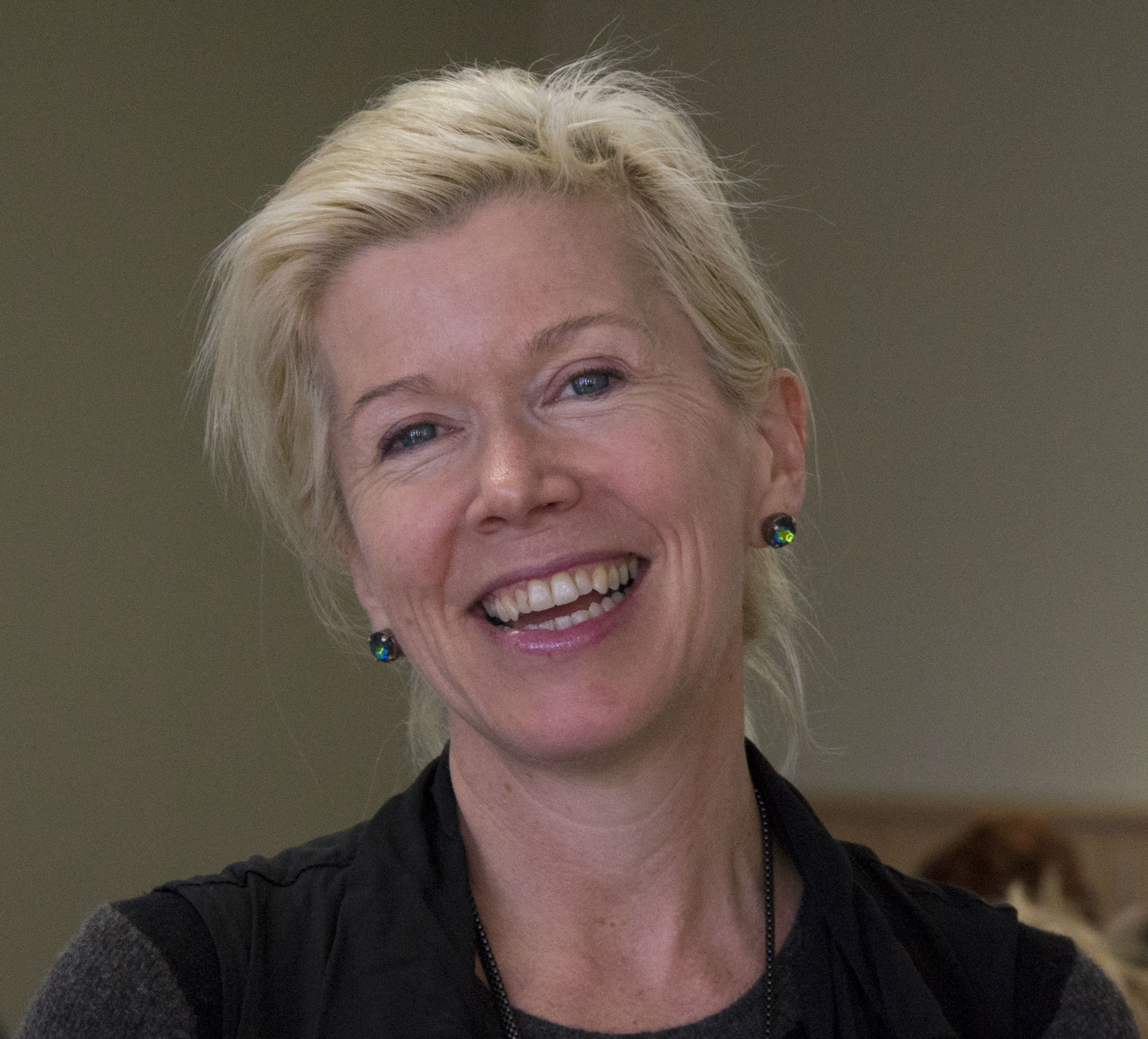
This course will be run over 5 days in three sessions per day:
- 10.00am - 11.30pm - Sessions 1
- 12.00pm - 1.30pm - session 2
- 2.30pm - 4.00pm - Session 3
Courses will run on Australian Eastern Daylight Time (GMT +11)
(ie Melbourne, Sydney, Canberra daylight savings time)
This course is now FULL
Please leave your name on the wating list so we can contact you if a place becomes available
Dr Delwyn Goodrick is a psychologist who undertakes program evaluation and social research with a wide range of government and private sector clients. She is an experienced trainer having conducted a range of specialist workshops in research and program evaluation in Australia, Singapore, the US, UK, Canada and New Zealand. Most of Delwyn's work relates to health and education contexts. She maintains her own private consultancy practice and is currently working from New Zealand.
The course is structured to progress participants through the stages of an evaluation from conceptualisation through to negotiating the design, data collection, synthesis and reporting stages. You will be exposed to key theories and approaches to evaluation and then have the opportunity to apply these to real examples of evaluations. Examples from published studies and the grey literature, and the facilitator’s applied practice in evaluation will be drawn upon to illustrate and reinforce key concepts.
This course is designed for public sector workers and academics who are interested in commissioning, managing or conducting evaluations of public policy or programs.
COURSE SYLLABUS - Online
10.00-11.30, 12.00-1.30, 2.30-4.00pm each day
Day 1
- Program Evaluation: What is it? How does it differ from social research?
- The role of valuing in evaluation.
- Key Evaluation types and approaches.
- Internal and external evaluation - strengths and limitations
- Evaluation Frameworks and Guides for evaluation in Australia
- Key evaluation design considerations - including ethical considerations
- Using evaluation models to inform practice – social programming, valuing, knowledge construction, use and influence, and practice.
Day 2
- Planning Evaluation: Working with Key Stakeholders.
- The role of program logic and program theory in evaluation: What is program logic and when is it helpful? How to facilitate a program logic mapping session face to face and virtually (Group Map and Lucid Charts).
- What is the difference between a Theory of Action and a Theory of Change? Why does it matter?
Day 3
- Designing an evaluation plan: Key components of an evaluation plan.
- The importance of identifying key audience information needs, and evaluation scope.
- Scoping and budgeting an evaluation.
- Defining a limited set of key evaluation questions (KEQs).
- Managing an evaluation: some principles and tips for practice.
- Working to promote use.
Day 4
- Designs relevant for evaluation of emergent and/or multifaceted public sector programs (complex and complicated programs).
- The emerging role of Developmental evaluation and relevance in the current climate (CoVid)
- Mixed methods in evaluation – Strategies to integrate qual and quant methods. Being responsive: Adaptations of face to face methods to online formats.
Day 5
- Analysis principles and approaches to synthesis
- Reporting an evaluation and supporting use and influence.
- Issues of rigour and relevance in generating credible claims.
- The role of program evaluation standards and core competencies in evaluation.
- Disseminating evaluation findings and influencing the use of evaluation.
- Building a culture of evaluative thinking into public sector agencies – the role of monitoring and evaluation frameworks.
This course will take place via Zoom. No particular software is required other than the Zoom download.
This course assumes a basic understanding of methods of data collection, including surveys, focus groups and other group methods, interviews, document analysis, and data retrieval for secondary data.
- Patton, M.Q. (2008). Utilization-focused evaluation (4th ed). Thousand Oaks, CA: Sage.
- Torres, R.T., Preskill, H., and Piontek, M.E. (2005). Evaluation strategies for communicating and reporting: Enhancing learning in organizations (2nd ed). Thousand Oaks, CA: Sage.
Q: Are there any prerequisites for this course?
A: You should have a basic understanding of data collection – see recommended background.
I am in a research position but can see how evaluation skills and knowledge learned will help with interactions with different stakeholders in the research. It is also useful to know that evaluation is a viable career option and that I have the background to do it should I choose to go in that direction. (Winter 2021)
I came looking for a really good grounding in program evaluation and the course gave me this. Wanted both theory and practice and got this. Excellent presenter! (Summer 2020)
Great balance of theory practical activities & opportunities to explore evaluation from the prospective your own projects. (Summer 2020)
Highly relevant to clients needs, a lot of the research we conduct informs service improvement and evaluation of client programs. (Summer 2019)
Its been really useful to learn about the profession more generally but also specifically to logic maps and have these related to evaluation framework. It has been invaluable to my job and Del was very knowledgeable. (Summer 2019)
A great opportunity to maneuver day to day work and provide tips, checklist, better process to design & evaluations. (Summer 2017)
Delwyn is a dynamic presenter with a wealth of subject knowledge. It was really useful that Delwyn was able to illustrate topics that we discussed with examples from her past work. Really enjoyed the course and learnt a lot about evaluation processes (Summer 2017)
This have given me some clear theories for design my programs, understanding considering evaluations; Given me great insight into knowledge paradigms and productions. (Summer 2014)
The instructor's bound, book length course notes will serve as the course texts.
These will be sent to your 'shipping' address in advance of the course.
